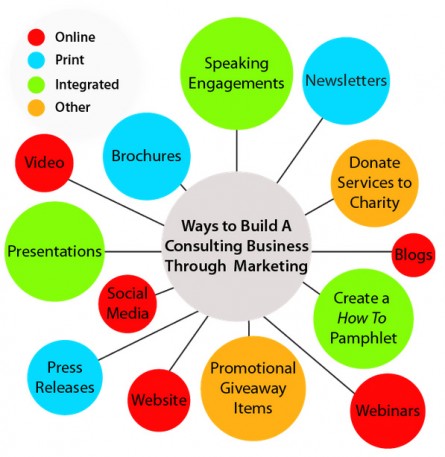This assignment was a progressive assignment. By that I mean, the feature article was written in three stages. Upon completion of one stage, a new new stage was started until all three stages were completed. With each stage, the class was required to develop a part of the feature article using at least five references for each section. The class was required to use databases, the library, periodicals, blogs, etc. for the sources of our reference materials. Through each stage of the assignment, I could feel my confidence grow in my writing ability.
This feature article is probably the most rewarding thing I have ever written. I learned so much in the course of planning, writing, re-writing, proofreading, editing, re-arranging … you name it; I thoroughly enjoyed every minute of the writing process for this article. I never in my wildest dreams knew there was so much involved in researching and fact checking the subject matter for a feature article. I have a whole new level of respect for the professionals who write these articles for a living.
Speaking of living, my feature article is about women making a living through home-based consulting businesses. This is a subject that I had pondered myself. For those of you who are thinking of starting your own home-based consulting business, I hope that after reading my feature article it will help you to make an informed decision on whether or not to take the leap into entrepreneurship.






